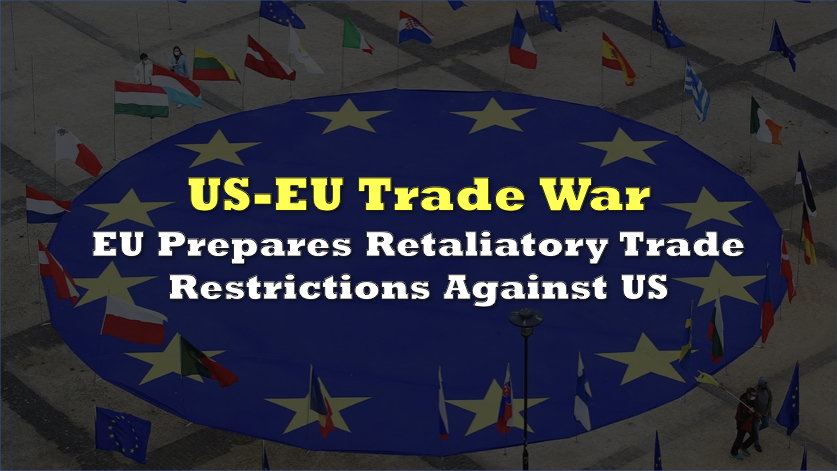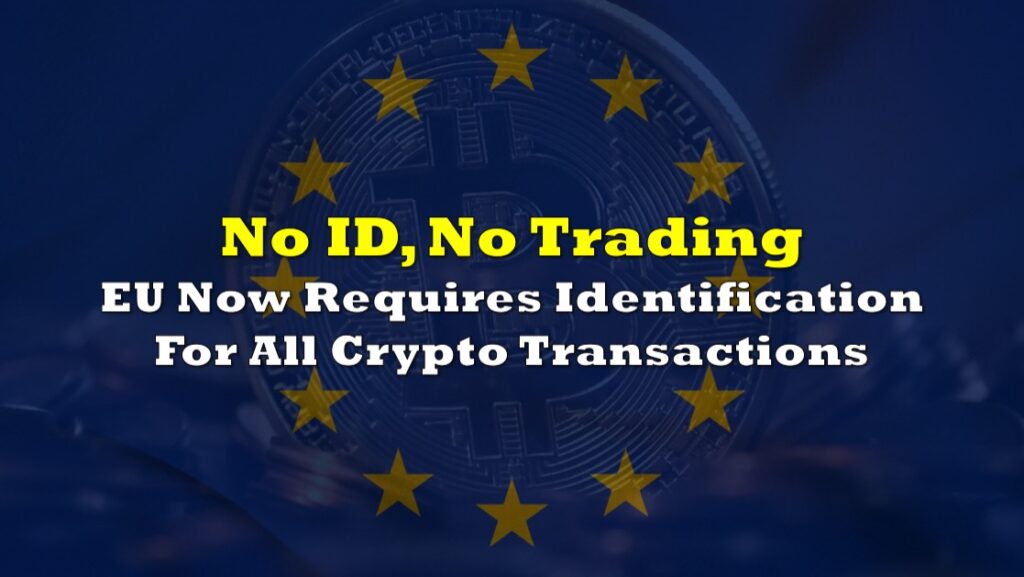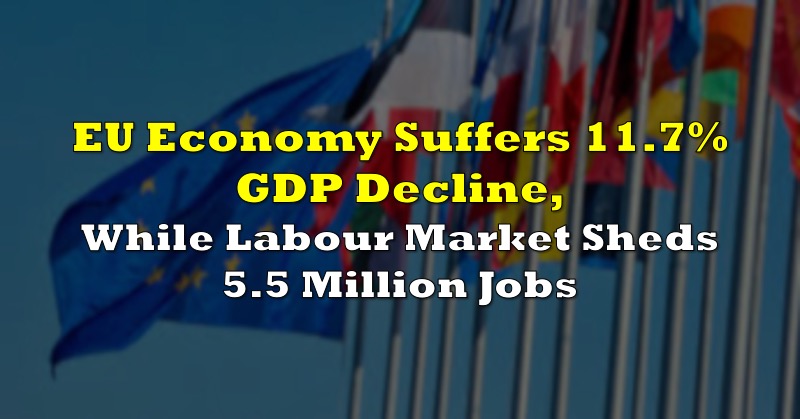During the two-day European Union (EU) summit, leaders agreed to initiate membership talks with Ukraine and Moldova, marking a significant moment for the war-torn region.
European Council President Charles Michel hailed the decision as “a clear signal of hope for their people and our continent,” while Ukrainian President Volodymyr Zelenskyy celebrated it as “a victory for Ukraine, a victory for all of Europe.”
This is a victory for Ukraine. A victory for all of Europe. A victory that motivates, inspires, and strengthens. https://t.co/zk44CeL5Ui
— Volodymyr Zelenskyy / Володимир Зеленський (@ZelenskyyUa) December 14, 2023
However, the positive momentum was tempered by a setback in financial aid for Ukraine. The EU failed to reach an agreement on a 50 billion-euro ($54 billion) financial aid package crucial for Ukraine’s economic stability. Hungarian Prime Minister Viktor Orban, a close ally of Russian President Vladimir Putin, vetoed the aid package, delivering a blow to Zelenskyy’s efforts after a similar setback in persuading U.S. lawmakers to approve additional funds for Ukraine.
The aid package was blocked alongside a review of the EU budget, leaving Ukraine in a precarious financial position. Michel indicated that leaders would reconvene in January to address the deadlock, emphasizing the urgency of finding a solution.
The decision to open accession talks with Ukraine and Moldova was not unanimous, as Orban abstained from voting. He justified his stance by claiming that Ukraine had not met certain conditions, without providing specific details. Orban had previously threatened to block both the accession talks and the financial aid, citing concerns that they were not in Hungary’s interests.
Despite the setback, the EU also granted candidate status to Georgia and expressed its intention to open negotiations with Bosnia and Herzegovina once it meets the necessary criteria. The decisions underscore the EU’s commitment to enlargement, despite challenges and internal disagreements.
The European Council has decided to open accession negotiations with Ukraine & Moldova. #EUCO granted candidate status to Georgia. And the EU will open negotiations with Bosnia and Herzegovina once the necessary degree of compliance with the membership criteria is reached and…
— Charles Michel (@CharlesMichel) December 14, 2023
The unexpected announcement came as a surprise, considering Orban’s earlier pledges to block the talks and financial aid. The move was lauded by some EU leaders, with Belgian Prime Minister Alexander De Croo stating that it sent a clear message to Moscow about Europe’s support for Ukraine.
While the accession talks with Ukraine and Moldova represent a positive step, EU officials have emphasized that the process will be lengthy and complex. Talks with Ukraine were conditional on addressing issues such as corruption, and the EU highlighted the need for continued reforms.
“Right now in Ukraine, a lot of us are feeling really uplifted, and it’s a big deal – it keeps us going. I want to say a huge thank you – to each of you for everything we’ve managed to accomplish!” the Ukrainian leaders said on X.
Right now in Ukraine, a lot of us are feeling really uplifted, and it’s a big deal – it keeps us going. I want to say a huge thank you – to each of you for everything we’ve managed to accomplish! To all those who strengthen Europe by the unity of Ukraine. A special gratitude to… pic.twitter.com/uCnqU5Y5Le
— Volodymyr Zelenskyy / Володимир Зеленський (@ZelenskyyUa) December 15, 2023
The developments also drew attention to the potential implications for EU-Russia relations. Kremlin spokesperson Dmitry Peskov warned that the inclusion of Ukraine and Moldova could “destabilize” the EU, emphasizing the need for strict accession criteria.
The EU’s decision to open membership talks with Ukraine and Moldova was welcomed by the United States. The U.S. State Department praised the EU’s historic decision, calling it a powerful affirmation of the candidates’ European future and encouraging them to continue reforms on the path to EU membership.
Information for this story was found via AP News, Al Jazeera, VOA, and the sources mentioned. The author has no securities or affiliations related to the organizations discussed. Not a recommendation to buy or sell. Always do additional research and consult a professional before purchasing a security. The author holds no licenses.









